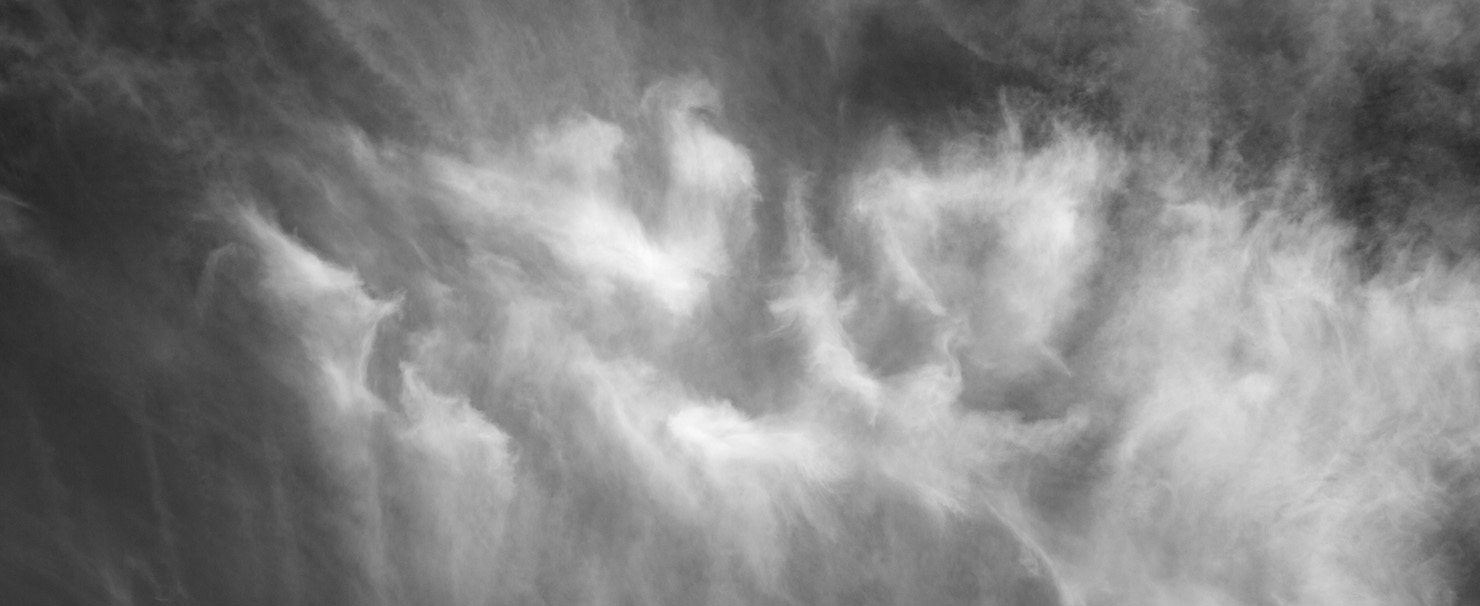Author’s notes
on the end of all wars, and in particular on writing planet one, the roots of war
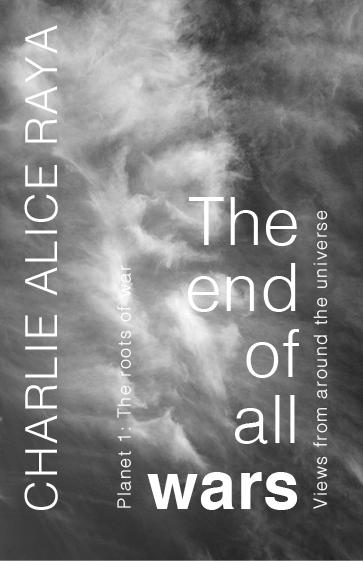
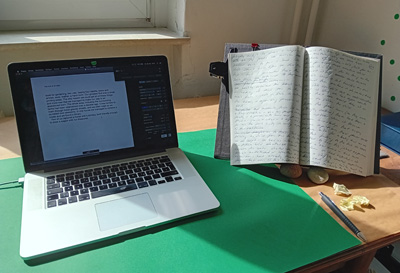
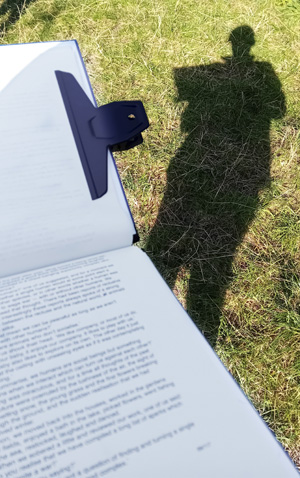
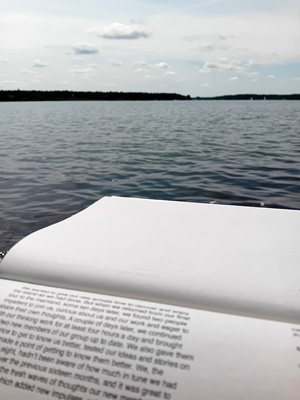
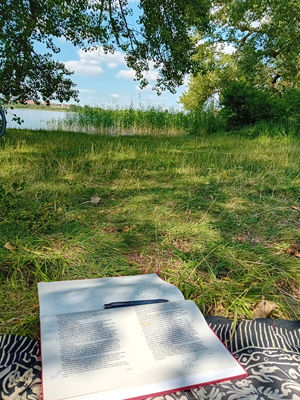
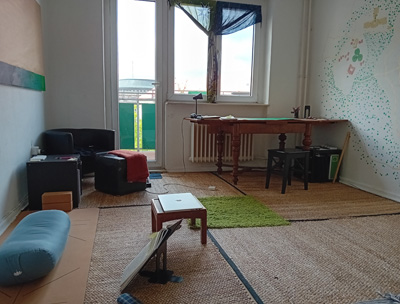
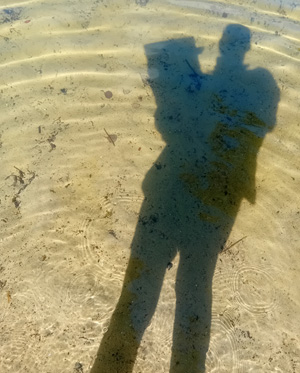
Is it a joke?
I thought the other day, what if something sees the title: the end of all wars and thinks it’s a joke?
Let me assure you, it’s not a joke. Admittedly, it sort of started as one. I needed a provocative title for a theatre play for the dot.story (a book I accidentally wrote in 2022), and since I had already started the collection Views from around the universe as an outlet for my anger about Russia’s war in Ukraine, it was a small step to think big for a play in a book. It was pure bravado to go all in. And I’ll treat you to what I made of it in the dot.story.
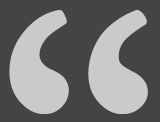
Juana was happy.
She was walking down George Street, sandwiched between her daughter Rose and her son Jose, with tickets for a play at the Assembly Rooms, The End of all Wars.
(…)
That night, Juana met with Calli again, this time in The Black Cat.
Juana and Calli were like dragonesses, and though they were clearly from different planets, they recognised each other’s strength and decided not to bother with fighting and to have fun instead.
They took a table at the window, and Calli bought the first drinks: a glass of water and a glass of Rioja for Juana, and a glass of water and a Laphroaig for Calli. There was style in this, each in their own way.
‘How was the play?’ Calli asked.
Juana opened her mouth, inhaled, thought for a moment, closed her mouth, exhaled, and eventually said: ‘You know, I think it’s really good. What puzzles me is how easy it is?’
‘What is?’
‘To end all wars. It’s so simple I still want to shake my head whenever I think of the play. And you know, most people left the play in that same kind of daze. Like, if it’s so simple, why are we still playing at war? It makes no sense whatsoever.’
‘I drink to that. But don’t tell me more. Mick got us tickets for the last day.’
‘Tell me what you make of it, will you? Maybe over a drink via a video call.’
‘Yes, let’s do that.’
© Charlie Alice Raya, dot.story, 2022, https://www.dot-international.net/dot-story/
I’d love to see the play, and I have no idea what it would be like.
But here is the thing about bravado – at least in my case. Once I’ve issued a challenge, I can’t really let go of it, and so the idea of writing an actual story in which all wars were ended kept knocking on my door.
I don’t remember when I gave the idea a first try, or when I decided to use a planet of the universe rather than planet Earth as the setting.
But I do remember that I tested a story in my mind, and the one image that stuck out and that got into The roots of war was someone hiding in a cellar that was little more than a hole in a city turned to rubble, bombing and shooting always present.
In any case, time passed. 2023/24 was a lot about recovering my health and about discovering my body. Writing, especially at a computer was not available for me for months, even though I frequently tried.
As I schemed how to get back to writing without working myself sick again, I had the idea to work on five stories. Sounds like a contradiction? It does.
But it has a great advantage for me. In previous years, I would vanish in my work, be it work on websites or for a book. I would just disappear.
By forcing myself to flip between stories, I make sure not to disappear. And by now, I remember frequently that I am also a body and that it’s actually very pleasant to connect to it. Plus by now, only three stories have priority.
Sometimes these switches are a little brutal, sometimes I work longer on one story than planned, but overall this tactic works for me.
And that’s why The end of all wars got a seat at the table when it did, and I started to write it on 11 March 2024. And not just anywhere. I wanted the first times to be a treat. So, I put blank sheets of paper into a spring binder, chose a café, and there I was and began to write.
I approached the story like I usually approach a story. I do a rough brainstorming on the subject, in this case about the roots of war, I set the first scene, in this case the bombed city, and then I begin to write, letting a story unfold, being the story’s observer rather than its composer.
This approach was particularly important for this story because I wanted the thinking process, the exploration into the roots of war, to be a major part of the story. And by using a small group of people in the story, I could play with various trains of thoughts.
After three hours in the café, I felt emptied and happy. I repeated the treat for another two days. Then the binder got put away, I worked on breastless and on book 3, shaping, for over a month, before The end of all wars got a fifteen days run in April.
Mind you, at the time, I still had quite a lot of short days, or days when I couldn’t work. But this was the time when I completed the handwritten version, eventually transcribed it, and on 3 May I held a first printed draft in my hands.
